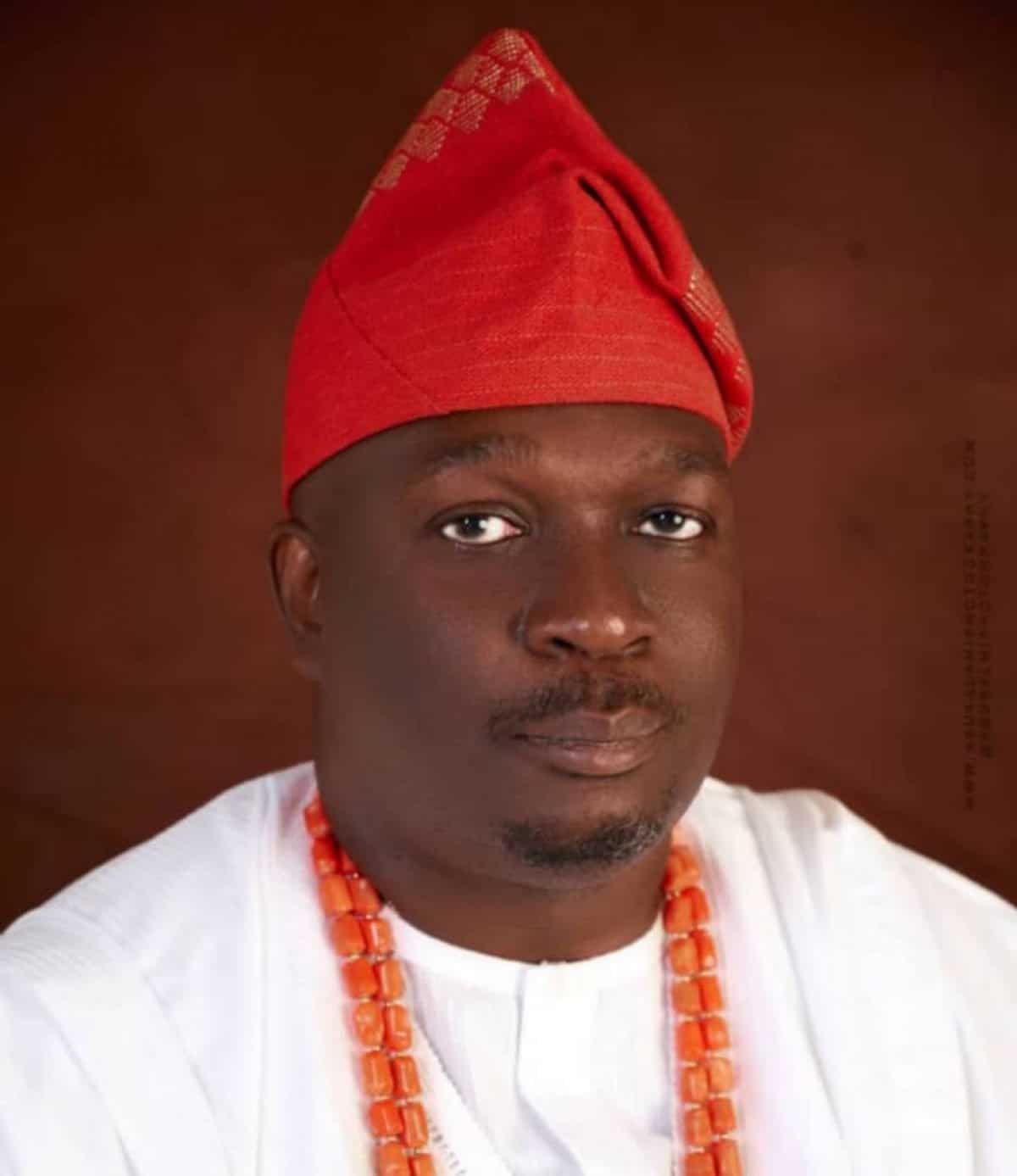The year 2020 was a glorious one for the people of Bahumonu in Abi Local Government Area of Cross River State because it marked the end of a 15-year-old communal war among four communities in Bahumonu.
Like many other crises that had bedevilled Cross River communities in the past, the wars between Ediba and Usumutong communities and Ebom and Ebijakara were mainly a tussle over land, though there were other remote causes.
While the wars raged from around 2005 with attendant destruction of lives and property worth billions of naira, they left in their trail widows and orphans, exacerbating poverty in the warring communities.
For instance, as a result of the war, indigenes of Ebijakara community were sacked from their land and have not returned years after the war ended.
The destroyed Community Secondary School Usumutong has yet to be reconstructed, and its staff quarters are overgrown with weeds. The Ediba and Ebom communities also suffered various degrees of destruction.
‘My children are scattered all over the nation’
A survivor of the conflict, Janet Ekpe, from Ebijakara, lost her husband and their property during the war.
Narrating her ordeal, Mrs Ekpe said she and her children suffered so much during the conflict, adding that though she was happy that the war was over, she was still in pain as her wounds were yet to heal.
Nigerians need credible journalism. Help us report it.
Support journalism driven by facts, created by Nigerians for Nigerians. Our thorough, researched reporting relies on the support of readers like you.
Help us maintain free and accessible news for all with a small donation.
Every contribution guarantees that we can keep delivering important stories —no paywalls, just quality journalism.
“Apart from losing my husband to the war, the crisis prevented my children from going to school, our house was destroyed, and we were sacked from our community.
“As we speak, my children are scattered all over the nation because I cannot take care of them.
“I survive by taking small farmland on a lease, which has not been easy. I have cried and begged just to get something to survive on.
“This is why I plead with the (Cross River) State Government to help us go back to our homeland and to facilitate the construction of houses. We are still suffering though the war is over,” she said.
For Nkam Igiri, an entrepreneur from Ebom, the place where he did his business and lived was burnt down during the war.
“I am happy that the war ended four years ago, but since it did, we have not really seen much progress in the communities.
“Some of us that lost everything, including our means of livelihood, are still struggling to put food on our tables and send our children to school. The government needs to help us,” he told the News Agency of Nigeria (NAN).
Dilapidated roads, schools, health centres
A visit by a NAN reporter to Bahumonu in Otumosa and some of the communities recuperating from the years of carnage showed that they still lack basic amenities such as electricity, a good telecommunication network and roads.
The roads have broken down, especially the Ring Road that connects the nine communities of Bahumonu. The schools and health centres are dilapidated, and there are no jetties at the river that separates Bahumonu from communities in Ebonyi.
Earnest Abam, the central youth leader of the Bahumonu, said that though peace had returned, key areas, like the causes of the conflict, still needed to be investigated and addressed.
“There are some striking issues that caused the war in the first place that have yet to be resolved, such as a permanent boundary between Usumutong and Ediba communities.
“Also, we have yet to resolve the discontentment between Ebom and Ebijakara for the latter to return to their land from where they were sacked during the wars.
“The conflict lasted for years, people died on all sides, and we are putting heads together to see how we can placate hearts to bring about peaceful coexistence,” he said.
Mr Abam said they realised that the war did not bring any good to them, and therefore they would not pick up arms again.
He called on the state government to help them consolidate on the peace by bringing infrastructural development to the communities.
Difficult to fully resolve issues, even after the fighting ended
The paramount traditional ruler in Abi Local Government Area, Solomon Edward, told NAN that it had been difficult to fully resolve the issues, even after the fighting ended.
Mr Edward said the elders had continued to disagree, adding that it was sad that some people were still bitter that peace had returned to the warring communities.
“I have continued to lay curses on anyone who does not want peace to reign among the communities that decided to say no to guns and machetes.
“We are still pushing to ensure that we fully resolve the issues and bring Ebijakara back to their land, but it is becoming more and more difficult because where we are asking them to stay, they are not comfortable with it.
“At this point, we appeal to the state government to help us resolve some of the lingering issues that are hindering total peace,” he said.
Although war-torn for about 15 years, the four communities have been relatively peaceful after the youths “miraculously” laid down their arms in 2020.
People can move freely today, but they now sell and buy in ramshackle markets.
Remarks by governor’s representative
Speaking on the situation, Earnest Eteng, chairperson, Bahumonu Peace and Development Union said things were getting better. He thanked the youths for their doggedness in maintaining the peace that was achieved in 2020.
According to him, the youths were always the first to visit any scene where there was misunderstanding capable of resulting in violence, even without the elders knowing. They have done this very well to ensure that the peace is sustained.
Mr Eteng appealed to the communities’ indigenes to fully embrace peace so that the state government could come to their rescue in the area of infrastructural development.
“The state government has agreed to help us, but they said we must be ready to sign the peace agreement (and) state where each of the projects will be.
“That was what we were told in 2021 when the committee set up by former Governor Ben Ayade came on a fact-finding mission in Bahumonu. That position has not changed,” he stated.
But Collins Bassey, the community relations officer for Abi Local Government Area for Governor Bassey Otu of Cross River State, said the state government has done a lot to ensure peace in Bahumonu.
He said the community’s schools, roads, and other infrastructure were in bad shape, but the government was poised to rebuild them and do more.
Mr Bassey said the reconstruction of Bahumonu Ring Road was captured in the 2024 budget, adding that if there was no peace there would be no meaningful development.
“The people lost so much; families lost their properties and loved ones in the war. So, I will not rest but continue to remind the governor of his promises to the Bahumonu people because with peace, there’s nothing we cannot achieve.
There was a 2024 Interdenominational church service recently in Otumosa to commemorate the 4th Anniversary of the return of peace in Bahumonu.
Where the solution should start from
The war in Bahumonu may have ended but it is clear that the peace being enjoyed among the four communities today is fragile.
While many of the indigenes are quietly aggrieved and recuperating from the emotional wounds and trauma, the issues that caused the war are still yet to be fully resolved four years later.
The solution for this appears to lie in the Cross River State Government implementing the recommendations of the report of the Ndoma Egbe Committee set up in 2021.
The Bahumonu is a cluster of nine communities that are well-known for their agrarian capabilities, especially in rice production.
(NAN)
Support PREMIUM TIMES' journalism of integrity and credibility
At Premium Times, we firmly believe in the importance of high-quality journalism. Recognizing that not everyone can afford costly news subscriptions, we are dedicated to delivering meticulously researched, fact-checked news that remains freely accessible to all.
Whether you turn to Premium Times for daily updates, in-depth investigations into pressing national issues, or entertaining trending stories, we value your readership.
It’s essential to acknowledge that news production incurs expenses, and we take pride in never placing our stories behind a prohibitive paywall.
Would you consider supporting us with a modest contribution on a monthly basis to help maintain our commitment to free, accessible news?
TEXT AD: Call Willie - +2348098788999



















 English (US) ·
English (US) ·